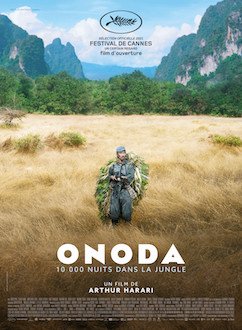Direction: Cédric Kahn
Country: France
The Goldman Case is an insightful, raw, and nervy courtroom drama set in the mid-‘70s that fascinates as much for its portrayal of an era as for its exploration of justice. Directed by Cédric Kahn (Red Lights, 2004; The Prayer, 2018), it’s a semi-autobiographical work based on the second trial of Pierre Goldman (masterfully portrayed by Arieh Worthalter), a far-left militant accused of four armed robberies and the murder of two women. Facing life imprisonment, Goldman is defended by a passionate young lawyer, Georges Kiejman (Arthur Harari), who, like him, is a Polish Jew born in France to a modest background. The accused concedes to the label of “gangster” but vehemently denies being a murderer, asserting his innocence in the ambiguous killings.
The film begins discreetly, almost academically, but gradually imposes its rigor and style. Goldman’s case hinges on a shaky alibi, conflicting witnesses, and affecting testimonies from his girlfriend and father. Justice is explored in its very human giddiness when no scientific proof comes to its rescue, and aspects such as racism, anti-Semitism, xenophobic police, and more, emerge in its complex societal forms.
Kahn collaborated with Nathalie Hertzberg in the screenplay, choosing to fictionalize elements by blending Goldman’s two trials and drawing from his book. Yet, the film is so well directed and intensely acted that it's hard not to take it. It values speech without grandiloquence and avoids dramatic flourishes while exposing the fragility of truth and the difficulty of judging. It's a pleasure to get wrapped up in such a thoughtfully conceived and stirringly executed reconstruction, one delivered with gripping rhythm, fervent passion, and a clear form. With The Goldman Case, Kahn signs his most memorable film to date.




